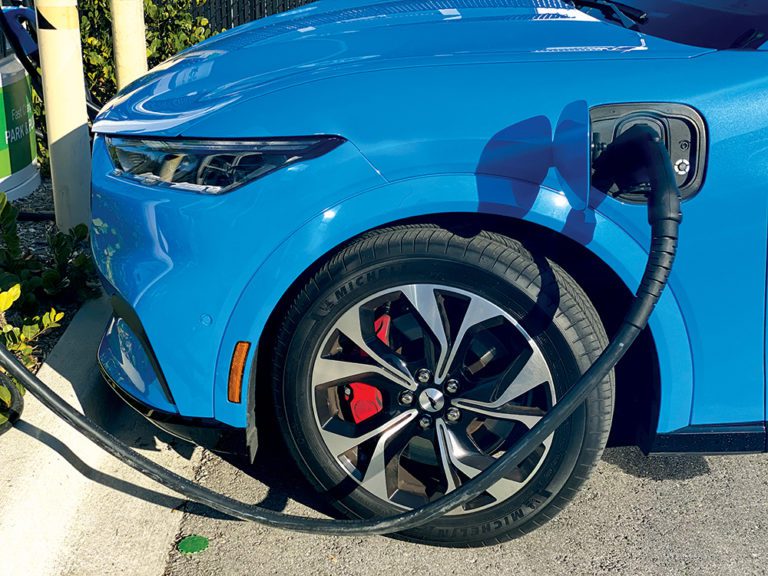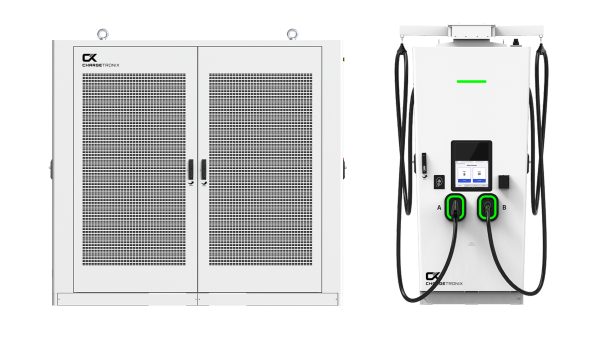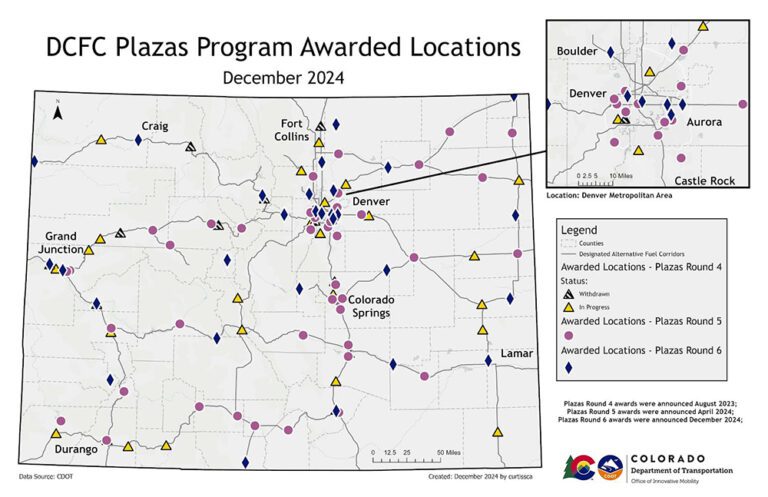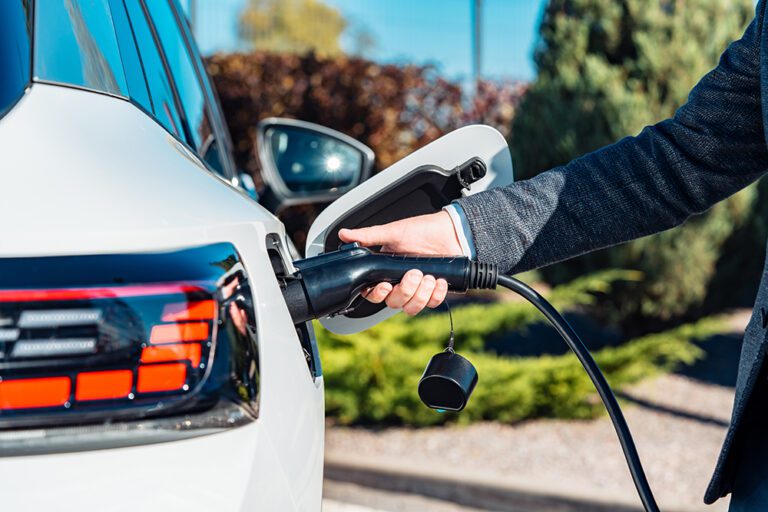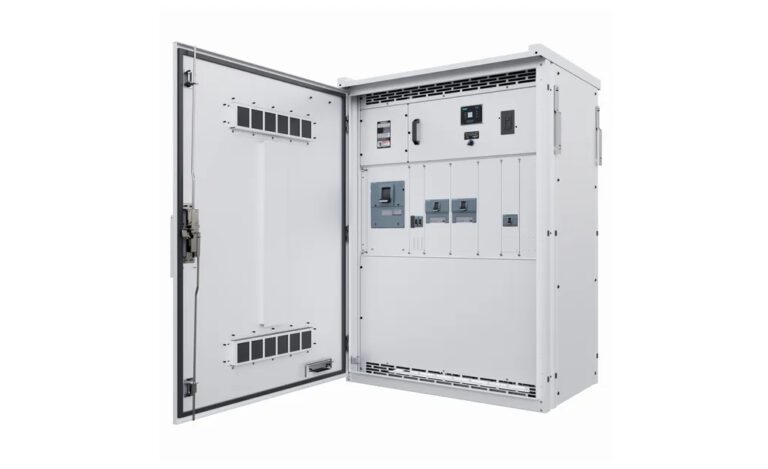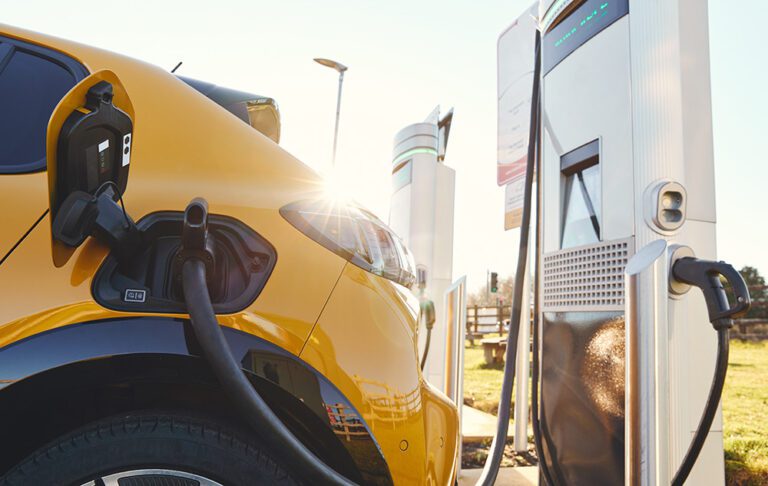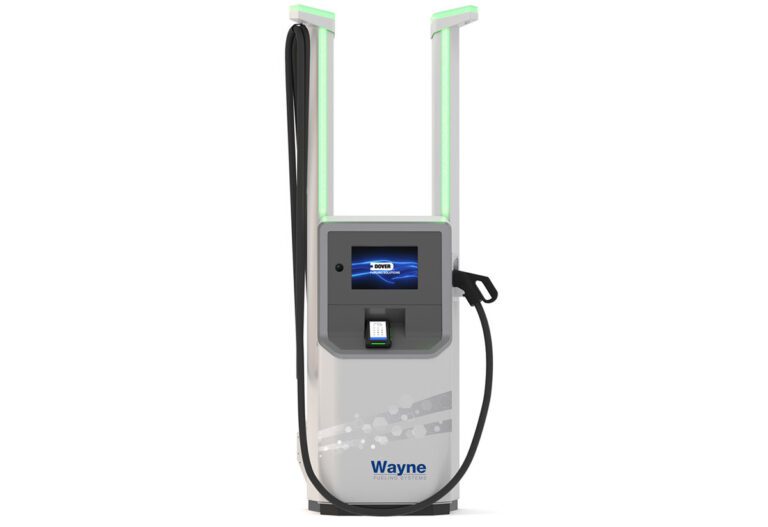EV charging stations: more plugs, standardized pricing, and reliability rises a little. The whole topic of charging an electric vehicle remains a mystery to EV-curious car shoppers. Dealership sales staff often know little more than their customers. YouTube videos with horror stories about dead public charging stations, long lines, and slow charging—not to mention outright… Read more »
Search Results Found For: "NEVI"
ChargeTronix debuts 1,280 kW Nexus Distributed Charging System and third-gen 240 kW EV chargers
EVSE manufacturer ChargeTronix has introduced a new suite of EV charging systems, including the 1,280 kW Nexus Distributed Charging System for fleets and third-generation 240 kW chargers for fleets and passenger vehicles. The 1,280 kW Nexus Distributed Charging System can support up to 16 outputs. It’s designed to provide fleets with the flexibility to charge… Read more »
Yanmar’s vision for electric construction equipment includes self-propelled EV battery-charging vehicle
The future, according to Yanmar, is smart electrification, and that includes getting power to where it is needed. If an off-highway electric vehicle cannot go off-site to be charged because the operator cannot afford any downtime, Yanmar will send a charger to the OHEV. Yanmar, a Japanese engine and heavy machinery manufacturer, has released its… Read more »
Colorado to award $17.3 million in grants to deploy 172 new EV fast charging ports
The state of Colorado has announced $17.3 million in new grant awards through the Direct Current Fast Charging (DCFC) Plazas program to install 172 new fast-charging ports at 29 locations across the state. The grants will be funded from the National Electric Vehicle Infrastructure (NEVI) Program and the state’s Community Access Enterprise (CAE). The NEVI-supported… Read more »
New York State makes $28.5 million available for EV charger installation
New York Governor Kathy Hochul has announced the availability of an additional $28.5 million in funding to install electric vehicle fast chargers along the state’s major travel corridors. New York’s new competitive Downstate Direct Current Fast Charger (DCFC) program, funded by the National Electric Vehicle Infrastructure (NEVI) formula funding program, is designed to improve consumer… Read more »
Siemens unveils power distribution switchboard for EV fast chargers
Electronics giant Siemens has launched its RapidSBx switchboard, designed to address the need for power distribution to feed commercial switchboards for rapid EV charging station deployment. The UL891 switchboard offers a streamlined design for charging stations and various commercial electrical infrastructure anywhere an outdoor switchboard is needed to comply with green initiatives. This includes urban… Read more »
New York State receives $21 million in federal funding to expand EV charging infrastructure
Funded by a $21-million federal National Electric Vehicle Infrastructure (NEVI) grant, New York State’s new Upstate NEVI Direct Current Fast Charger (DCFC) program will expand DCFC infrastructure, initially at locations along and north of I-84, including areas north to the Canadian border and west to Buffalo. The competitive program is administered by the New York… Read more »
Dover Fueling Solutions’ new Wayne PWR DC fast EV charger
A sign of the times? Dover Fueling Solutions, a well-known manufacturer of gas pumps and related products, has launched a new EV fast charger. The Wayne PWR is designed and manufactured in Austin, Texas for the US market, and is NEVI-compliant. Wayne PWR’s cloud-based charge station management system allows owners to monitor the status of… Read more »
Removing roadblocks to vehicle electrification
Sponsored by TTI and Molex. The future is electric. Indeed, the electrification of products, systems, and processes is happening at an accelerated pace in countless industrial and consumer settings. These changes are driven by advanced electronic technologies in lieu of conventional methods such as hydraulics and pneumatics. Nowhere else is the acceleration of electrification more… Read more »
Increasing Battery Cooling System Reliability And Safety With Engineered Fluids And Polymers
How can science help OEMs to meet electric vehicle safety regulations and improve cooling system reliability? With new legislation and stricter emissions targets driving hardware development, there is inevitably going to be a more varied vehicle parc across the globe in the coming decades. This will include electrified vehicles such as battery electric vehicles and… Read more »







